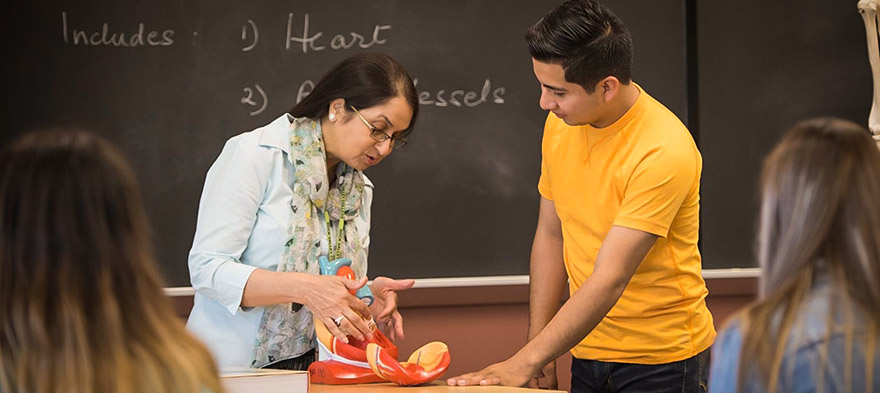
Apr 12, 2018 12:00:00 AM
As an educator, it is necessary to ask, “How do my beliefs impact the interactions I have with my students?” This process may (and should) cause some discomfort. We need to become aware of our biases and actively work to change them.
For example, as a Latina educator I have to think about, what does being a Latina in the United States mean to me? What has my educational experience as a Latina taught me? And how have these experiences shaped my worldview? It is vital to reflect upon our values and beliefs.
Most of us became educators because we want to have an impact on our students. What better way to connect with our students than to understand their cultures? Culture does not necessarily have to refer to countries of origin. Culture is subjective.
If you want to know about your students' cultures, just ask. I recommend having students complete a culture chart. This is a simple yet effective activity in which students get to write down the cultures that they are a part of and what being a part of that culture means to them. You will be surprised to see how much you have in common with your students and may find ways to reach students you did not previously think you had anything in common with.
It seems obvious that educators should have positive relationships with their students, but not all educators are interested in connecting with their students. Without relationships, misinterpretation can occur as well as negative perceptions from both educators and students. Positive relationships, however, demonstrate care, which can have a monumental impact on students.
Nikki Jarquin is a licensed professional school counselor in Montgomery County, Maryland. She earned her undergraduate degree in 2006 from the University of Maryland Baltimore County and her Masters in Counselor Education from McDaniel College in 2011. In June 2017 she successfully defended her dissertation titled, "An Investigation of the Effects of a Professional Development on Teacher Efficacy and Cultural Competency in Working with Latino English Language Learners" and earned her Doctor of Education with a specialization in counseling from The Johns Hopkins University School of Education. Dr. Jarquin's parents immigrated from El Salvador and she attended pubic schools for her K-12 education. She and her husband reside in Maryland and have two boys who also attend public school.
Few issues in education spark more tension and debate than standardized testing. Are they a tool for equity or a burden on students? A necessary check on school systems or a flawed measure of...
Charter schools are public schools with a purpose. Operating independently from traditional school districts, they're tuition-free, open to all students, and publicly funded—but with more flexibility...
Despite the benefits of a diverse teaching force, prospective teachers of color fall out of our leaky preparation pipeline at every stage: preparation, hiring, induction, and retention. Here’s what...
Ed Post is the flagship website platform of brightbeam, a 501(c3) network of education activists and influencers demanding a better education and a brighter future for every child.
© 2020-2025 brightbeam. All rights reserved.
Leave a Comment